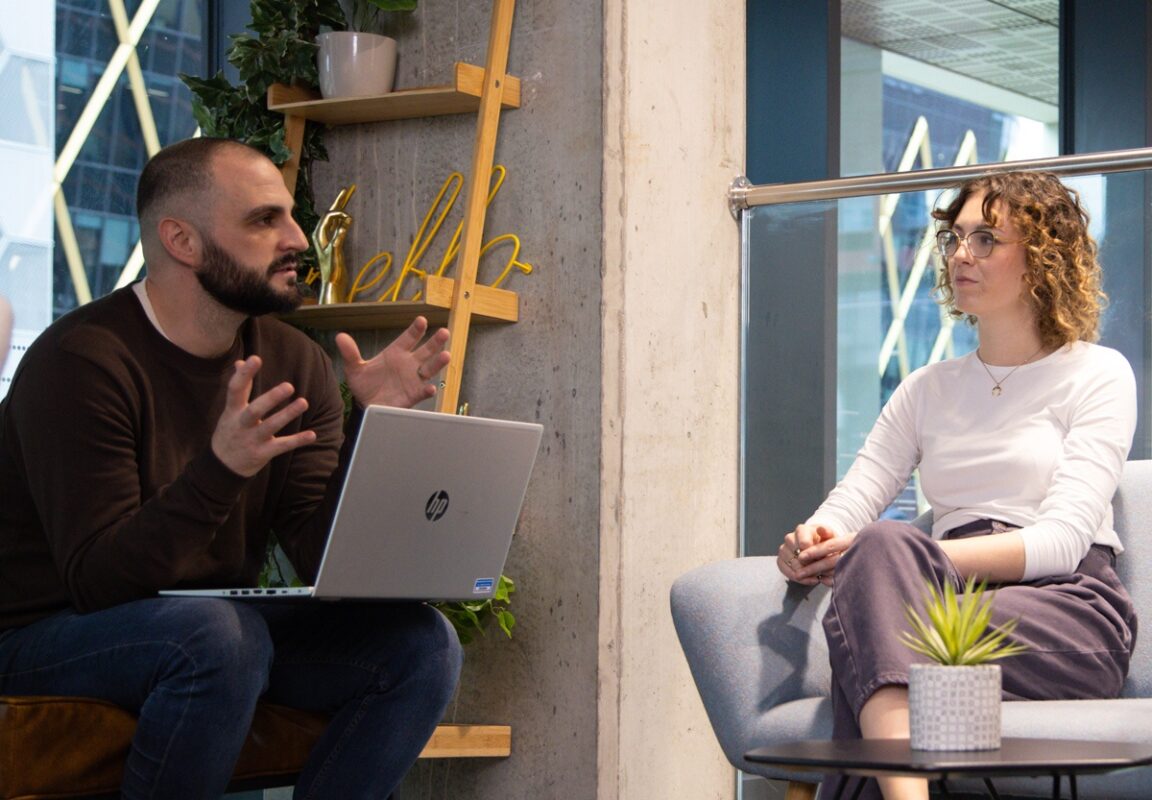Industry insights, opinions and updates
Bookmark our pharma insights for updates, blogs, opinions and interviews, full of takeaway knowledge, tips and advice for every phase of your evolution.
Get regular updates in your inbox
Sign up to our newsletter today, to get access to the latest news and developments in the life sciences industry.
Fields marked with a * are required
How we work
Insights, ideas and impact for every milestone.
Starting with your objectives and working backward, we set milestones to incrementally realize your vision, advising you on the best strategy to employ and executing tactics that will drive you toward your goals.
